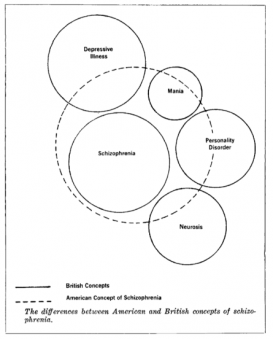Over the course of the twentieth century biomedical research has grown from a cottage industry to a global enterprise involving tens of thousands of researchers worldwide. This growth in scale and productivity has on the one hand been made possible by international research standards and on the other has increasingly placed pressure on researchers to establish the validity of their disease concepts, methods, and theories. As part of the Practices of Validation in the Biomedical Sciences Research Group, this project investigates how the internationalization, globalization, and massive expansion of biomedical research shaped the rise and fall of concepts and practices of validation. This project aims to provincialize postwar visions of a global biomedicine by attending to the specific histories and geographies of individual biomedical sciences and how they have defined and regulated validity in practice. As its primary case study, this project examines the regulation of psychiatric diagnosis in the postwar period by a network of predominantly Anglo-American researchers. It assesses the impact of practices of validation from sociology, psychology, and epidemiology on the international expansion, and regulation of psychiatric research. By doing this, it seeks to historicize how the objects of psychiatric research and the means for selecting them rapidly changed in the postwar period.
Following the end of the Research Group, the project is being continued in Dept. II.

